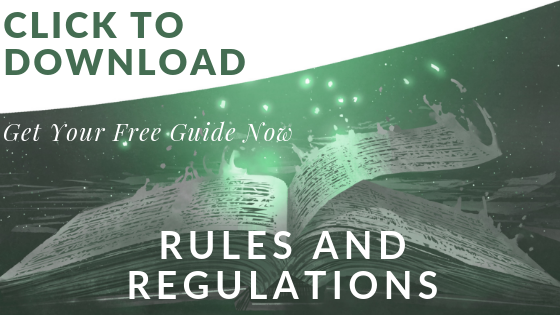The novel Covid-19 pandemic presented inevitable challenges to housing. Many individuals were rendered unable to meet their financial obligations, including mortgages, HOA fees, and other housing payments.
*This article is not intended as legal advice or a replacement for consulting with your associations attorney. Federal, state, and local laws may be different where you live and it's important to consult a licensed legal professional to ensure you are following the law.*
Homeowners Associations (HOA) set specific rules and regulations that every homeowner is required to follow. You have to pay HOA fees if you live in an HOA-controlled community.
Some people risked losing their homes and were forced to either sell or defer payments. Homeowners keep looking to the government for protection against debt collectors. Some homeowners were able to defer payments. However, there lacked additional assistance regarding HOA debt collection, and many communities could not halt assessments.
HOA can contract professional third parties to carry out some of their services like payments and debt collection. However, third parties, such as RealManage, have no prerogative to waive fines, fees, or assessments. Only the HOA board can make such financial decisions.
Third-party management organizations only provide payment platforms and have no role in financial decision-making. Some homeowners are left wondering whether they are making payments to the third party managers or the HOAs.
However, it is worth noting that the HOA board and ONLY the HOA Board receives payments and has the authority to waive fines, fees, or payments as the ultimate authority figure.
The Fair Debt Collection Practices Act (FDCPA)
Homeowners associations normally operate under state laws. However, it is not to say that federal laws and statutes don't influence how they operate.
The Fair Debt Collection Practices Act (FDCPA) is a federal act passed by Congress in 1977 designed to shield consumers or homeowners against unjust, manipulative, and misleading collection practices. The act also ensures that HOAs and management companies can work together and with homeowners to bring their accounts to good standing.
Who and How Does the Act Protect?
Generally, FDCPA ensures that creditors don't harass debtors. The Act prohibits harassment and deception during debt collection.
HOAs usually seek the services of third-party companies to collect debts from consumers. Therefore, the HOAs' collectors have to work under the law during debt collection from homeowners.
The FDCPA covers consumer debt and not business debt. It also applies to community assessments' collection.
The Act does not apply to HOAs collecting debts themselves and management companies. It applies to debt collectors and third parties hired or contracted to collect someone else's debt.
Below are some requirements for debt collectors under the FDCPA.
-
Mandatory Notices
Under the FDCPA, a debt collector is required to give the consumer a written or verbal notice indicating the intention of collecting the debt. The debt collector then has to serve the homeowner with another written notice containing all the debt details within five days.
-
General Acts
The FDCPA prohibits debt collectors from discussing debts or delinquencies with other people, except the consumer. It is also wrong to call before and after business hours, reach the consumer's employer, violate attorney involvement, or still communicate after the consumer requests to stop communication.
-
Abuse and Harassment
Debt collectors should not try to teach consumers a lesson. The FDCPA protects the debtor from any form of abuse, embarrassment, or harassment. A debt collector has no right to shout at or use profane language with a debtor.
-
Questionable Practices
A debt collector should not: impersonate a law figure such as an attorney, threaten arrest, prosecution, property seizure, or exposing the customer's credit information.
Collecting or unauthorized amounts is also illegal under the FDCPA.
What To Do In Case of a Violation of the FDCPA
As a consumer or homeowner, you have the right to sue if you feel that the creditor or the HOA violates the act even if you still owe the debt. The law spares homeowners the stress and burden of unscrupulous creditors. You can make a federal complaint or case to the FTC, CFPB, SCRA, or the State AG's Office.
Conclusion
Residents have an obligation to pay utility fees and assessments to the Homeowners Associations. However, things get tough, and you find yourself unable to make these payments. This does not give room for unfair treatment by the associations and debt collectors. The fair Debt Collection Practices Act defines the regulations to ensure a cordial coexistence among associations, debt collectors, and homeowners.
Are you looking to hire a management company for your HOA? You can reach us for the best experience. Also, visit our blog for news and more informative articles. Out Twitter is also open for prompt communication.
*This article is not intended as legal advice or a replacement for consulting with your associations attorney. Federal, state, and local laws may be different where you live and it's important to consult a licensed legal professional to ensure you are following the law.*





